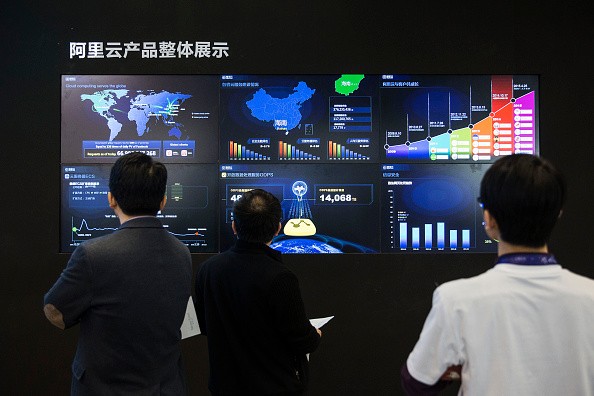AliCloud, the cloud-computing division of Alibaba Group Holding Ltd., announced that it would double the capacity of its data center in Hong Kong. This is to up the ante with rivals Microsoft Corp. and Amazon.com Inc. in the fast-growing cloud-computing market.
The upgrade marks Alibaba's latest expansion on top of a slew of a data center openings in Japan, Australia and Germany. This enables them to have a physical presence in 14 global economic hubs.
Ethan Yu, general manager of Alibaba Cloud Global and vice-president of Alibaba Group Holding, said: "The expanded Hong Kong data center is designed to meet companies' soaring demand for high availability and disaster recovery, along with greater access to offerings including data storage and analytics, enterprise-level middleware and cloud security services."
Hong Kong is the leader in Asia when it comes to cloud adoption. It is an area where more businesses tap into cloud computing for benefits such as innovation and operational efficiency.
The city has reached the top in the 2016 Asia Cloud Computing Association's Cloud Readiness Index.
AliCloud's Hong Kong team has offered tailored solutions across different sectors since 2014. These include sectors such as retail, hospitality, media and financial services.
The expansion is expected to help grow a market share outside of China as it offers scalable computing services in the Asia-Pacific Region.
AliCloud is founded in 2009. According to the International Data Corporation, it is the China's largest cloud infrastructure services provider. Its earnings report indicates that the number of paying clients has doubled to 765,000 as of December last year.
It is still a relatively small player globally, though, as Synergy Research Group put AliCloud in third place among the public cloud providers worldwide.
According to the research group, Amazon Web Services dominated globally with a 40 percent market share. Google Inc. and IBM Corp take second place with a combined 23 percent market share. AliCloud and other nine companies claimed a combined market share of 13 percent.



























